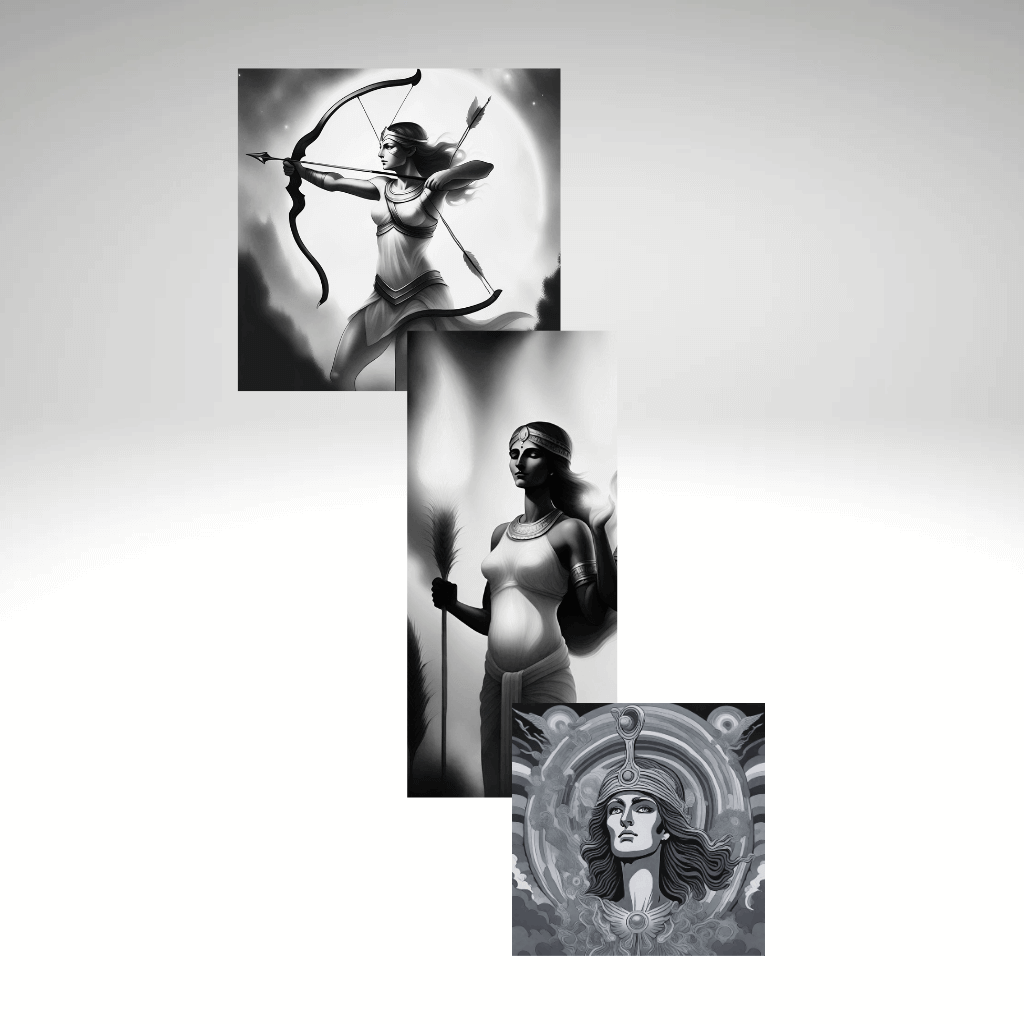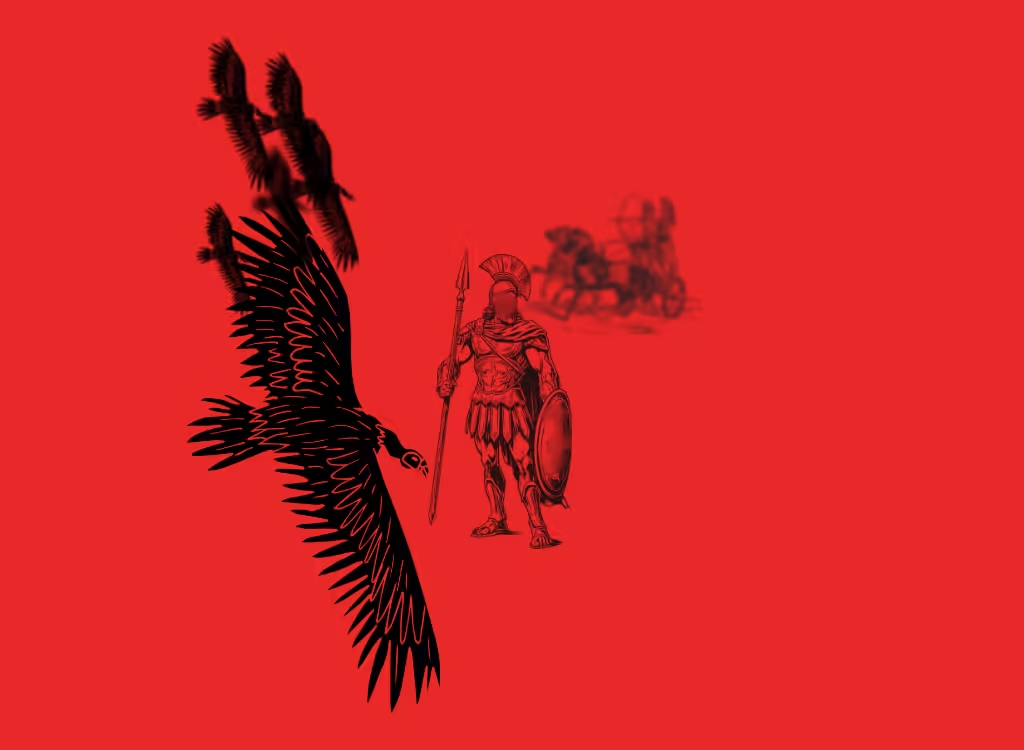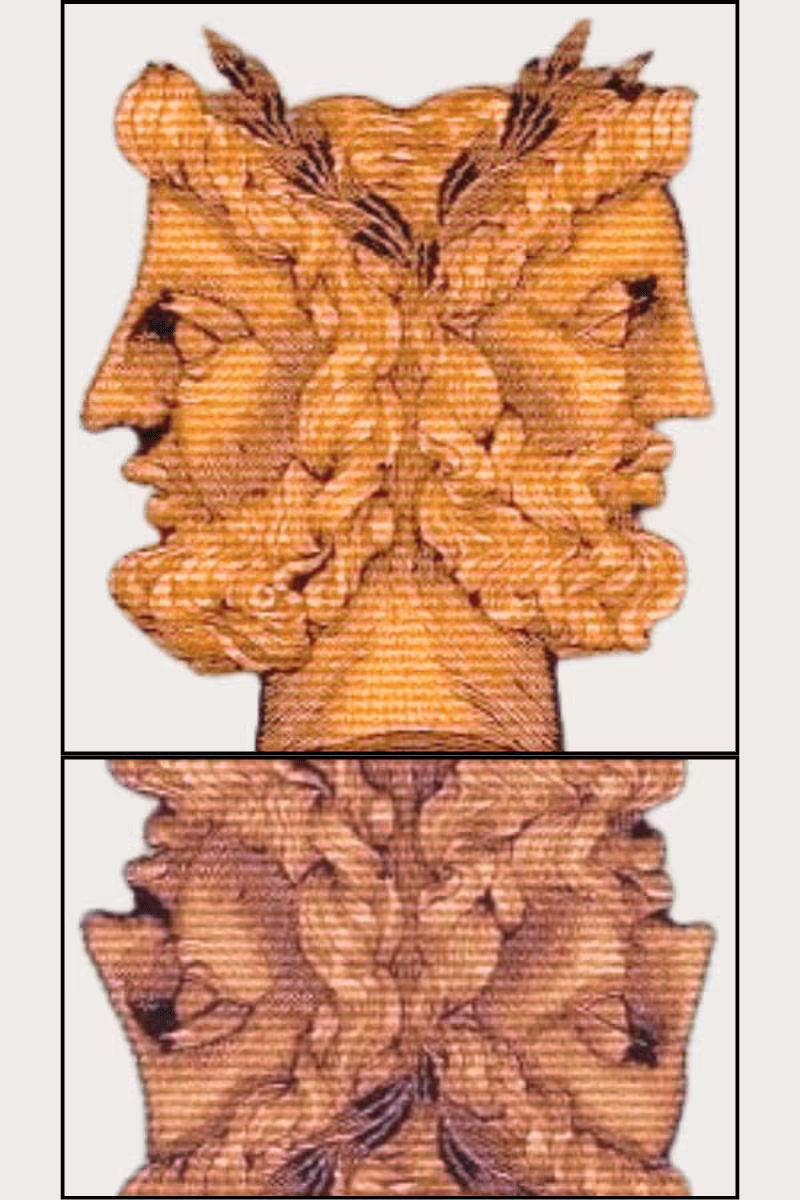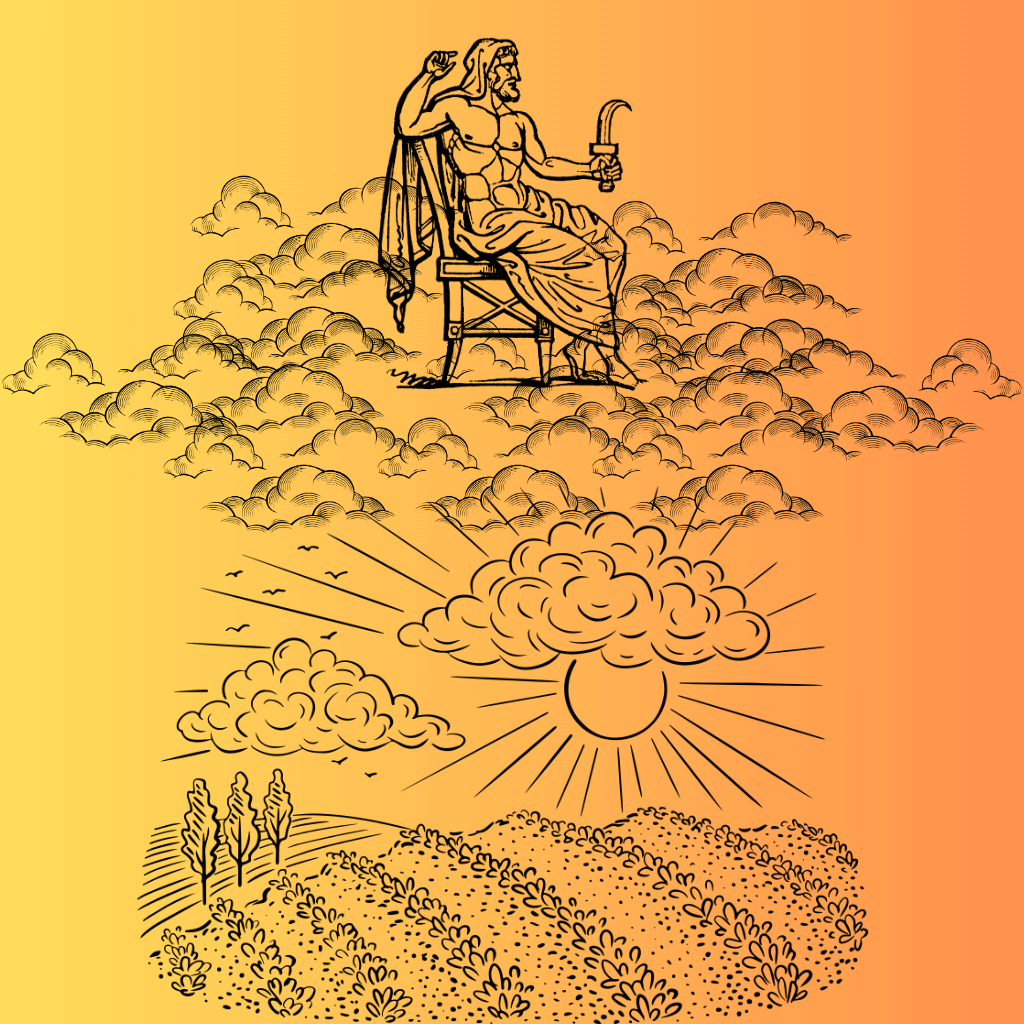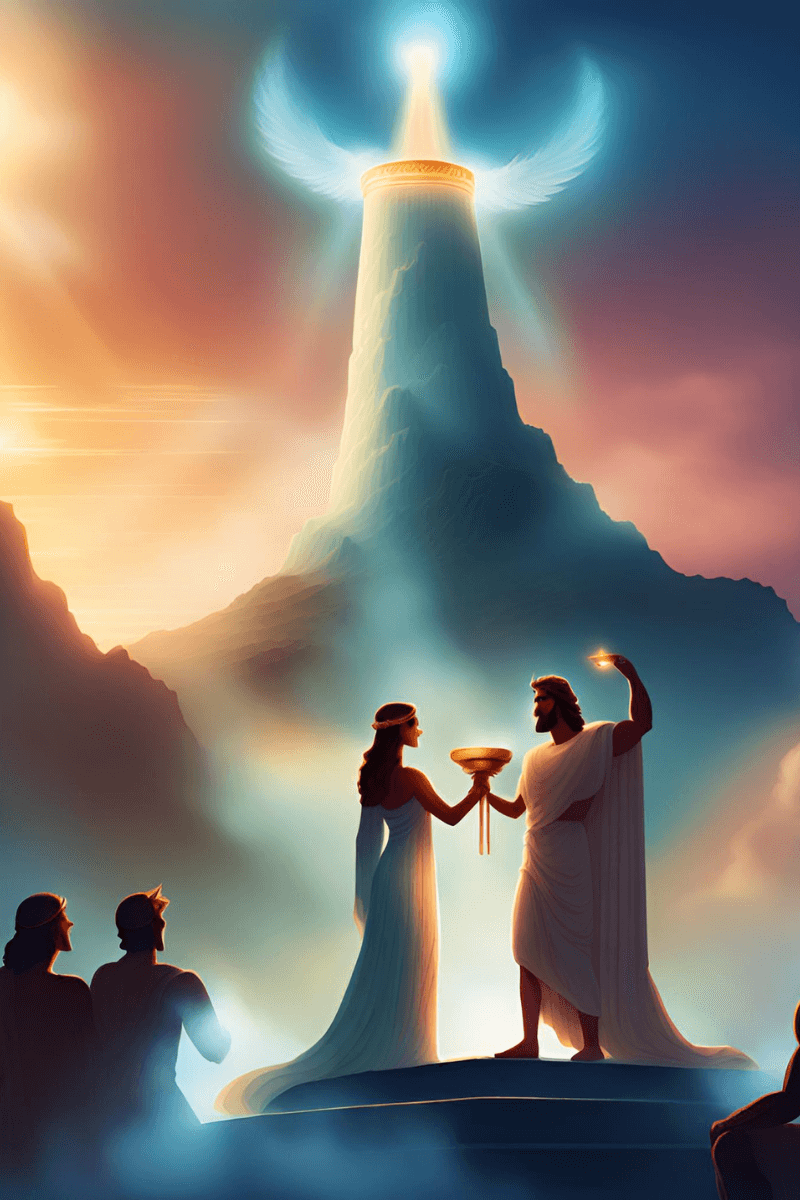
The 5 Marriages of Zeus: God of the Sky and the Wives of Zeus
The Greek God Zeus is known for his divine loves and marriages. They illustrate the complexity of mythology and the intrigues within the realm of gods. While Zeus is often associated with his relationship with the goddess Hera when it comes to marriages, Hera was not the first wife of Zeus.
There were at least four other wives of Zeus.
Who is Zeus?
Zeus, the king of Mount Olympus and the ruler of the sky, is one of the most powerful gods in Ancient Greek Mythology. He is also known with his loves and marriages. Generally, Goddess Hera is known as Zeus’s wife, but she was not the first one he married.
Then who are the wives of Zeus?
He transcends the realm of ordinary deities; he is the god of the sky, god of thunder, lightning, law, and order, bearing dominion over a multitude of profound aspects.
He occupies the throne, orchestrating and overseeing the divine proceedings with an authoritative presence. Lightning bolts, his emblematic symbol, are deftly wielded, illuminating the celestial canvas at his command. The resounding echoes of thunder bear testament to his celestial prowess, offering a dramatic spectacle.
Beyond his celestial theatrics, he is the paragon of justice, order, and the embodiment of legal precepts. His influence extends to matters both divine and mortal, establishing him as a central figure in the divine governance of the cosmos.
In the familial context, he emerges as the quintessential patriarch, presiding over a pantheon of siblings that includes formidable entities such as Poseidon and Hades. Moreover, Zeus assumes the role of a prolific progenitor, serving as the progenitor of gods and mortals alike.

His romantic entanglements evoke a semblance of a mythological opera. While Hera, his wife and queen of the gods, may not consistently endorse his dalliances, his romantic pursuits weave a narrative of divine complexity and intrigue.
In summation, he epitomizes the archetypal deity, wielding authority as the ruler of rulers and occupying a paramount position within the divine hierarchy. Whether summoning thunderstorms or adjudicating matters of justice, he remains an enduring symbol of celestial majesty.
Here are 5 Marriages of Zeus; Five Wives of Zeus
Generally it’s said that Zeus has seven wives. Here are 5 significant marriages of Zeus and his five wives of Zeus;
Metis
Themis
Eurynome
Mnemosyne
Hera

Metis – Marriage of Wisdom:
Metis, the goddess of wisdom, was Zeus’s first wife. Fearing a prophecy that a son born to Metis would overthrow him, he swallowed her. Despite attempting to thwart the prophecy, Athena was eventually born from this union. The foreseen male child never came into existence.
Themis – Marriage of Justice:
Second wife of Zeus, Themis, was a Titan and known as the goddess of justice. From this marriage, Horae (Season Goddesses) and Moirai (Fates) were born.
Eurynome – Marriage of Beauty and Harmony:
Eurynome, daughter of Oceanos and Tethys, became Zeus’s third wife. The union gave birth to the Charites (Graces), goddesses of beauty and harmony, symbolizing his connection to transcendent beauty and balance.
Mnemosyne – Marriage of Memory:
Mnemosyne, the goddess of memory, was Zeus’s fourth wife. This marriage resulted in the birth of nine Muses, inspirational beings associated with arts, knowledge, and culture. Each Muse represented a different art form.
Hera – Queen of Olympus:
Greek Goddess Hera, the queen of Olympus and the most famous wife of Zeus, bore him Ares, Hebe, Hephaestus, and Eileithyia. This marriage is considered a sacred union, symbolizing marriage and family values. Hera is the last marriage of Zeus and she is the permanent wife of Zeus.
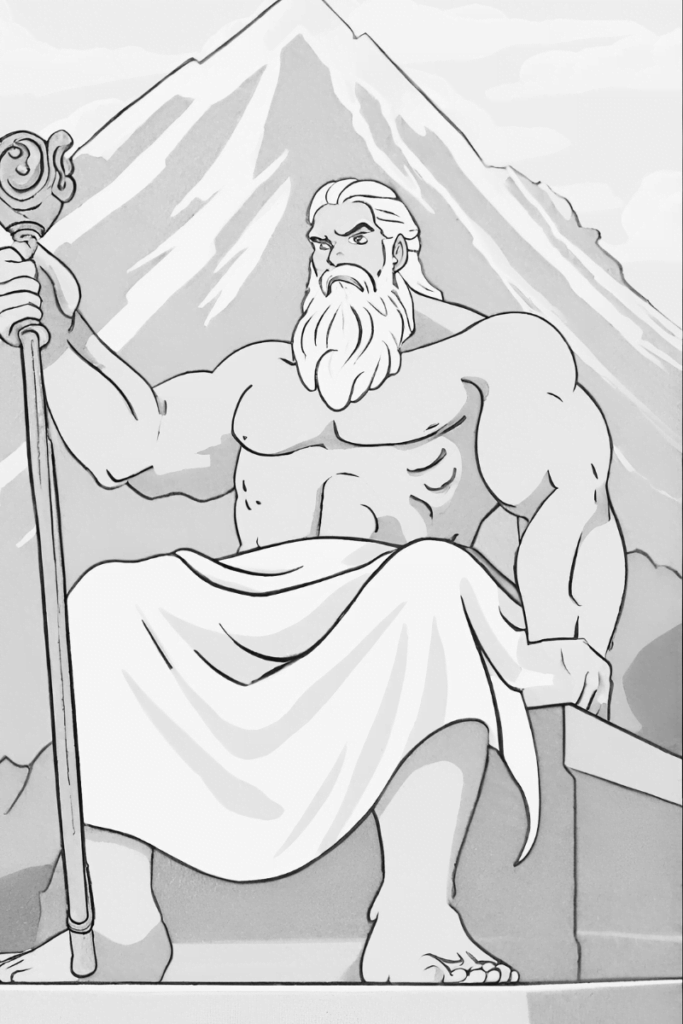
Each of these 5 marriages of Zeus , with distinct characteristics and talents, reflects his multifaceted personality and his role in mythology. He is both the ruler of the sky and the source of love, wisdom, justice, and beauty. Zeus’s marriages (except his relationships) hold a significant place in the rich tapestry of mythology, adding layers of meaning and beauty to the depth of the stories.
